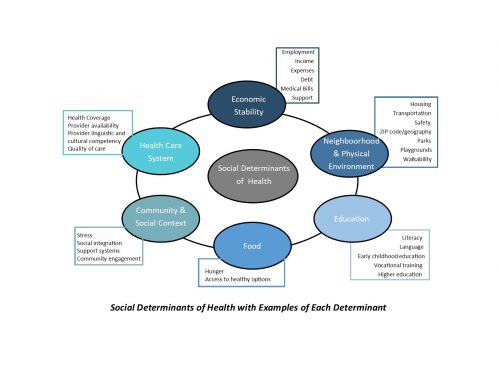This week I learned of the passing of Margaret “Peggy” Leonard, MS, RN-BC, FNP. She was a member of the Case Management Society of America (CMSA) since 1997 and served on the National Board from 2003-2010. While I did not know her personally, I attended many of the CMSA conferences at which I would see her on the stage, and felt in some way I knew her, or at least respected what she had to say during these professional conferences. She received a Lifetime Achievement Award in 2014.
Peggy was born in 1947 and was still active professionally. She is not the only case manager practicing at over age 55. In the CCMC Role & Function Study they found case managers are growing older as a group. In 2009, 21% were over age 55, but in 2014, that percentage more than doubled to 43.6%. Just over 1% are under age 30. Almost all (94%) case managers are women. There are more than 45,000 board-certified case managers today. 11.6% practice in the workers’ compensation field.
The Average Age of Nurses
A perhaps scarier statistic is the overall average age of Registered Nurses in the United States is 50. However, don’t get too scared. A recent article written by Medscape details reasons why nurses are postponing retirement. One reason they cite is the pay for nurses has not kept up with inflation. I graduated from nursing school in 1978 and recall my beginning hourly salary was approximately $10/hour. My first home cost $25,000. The current starting salary for a nurse in St. Louis is $22.90/hour and an average home price in St. Louis is $117,900. While we have a significant portion of the nurses of my generation still working and contributing to the profession, there is a need for more nurses in general and case managers in specific.
How do we accomplish this goal? To attract more candidates to the nursing field in general, I suggest we get the beginning pay, benefits, etc. in line with other professions. We are fortunate in the workers’ compensation field as case managers because we normally come to the field as experienced professionals, which helps to address the salary issues, etc. I think one of the main reasons we have difficulty in attracting nurses to the case management field is the case managers themselves. We don’t communicate about our field to other nurses. We are busy! We manage active caseloads, families, outside interests, etc.
We Need Younger Professionals in all Areas of Workers’ Compensation
I have read we are suffering from the lack of younger candidates entering all areas of the workers’ compensation profession. We are all aging. Some questions we all need to ask:
- What are we doing to elevate the profession?
- Is there a local college or high school you could contact to share with what you love about your profession in the workers’ compensation field?
- The CMSA regularly asks for mentors. Will you accept?
Consider Becoming a Mentor
Peggy was a staunch advocate of the CMSA Foundation, created to support education, research and professional development for case management professionals. In the past, I have deleted emails asking if I would consider becoming a case management mentor. I will not delete the next one I receive.

